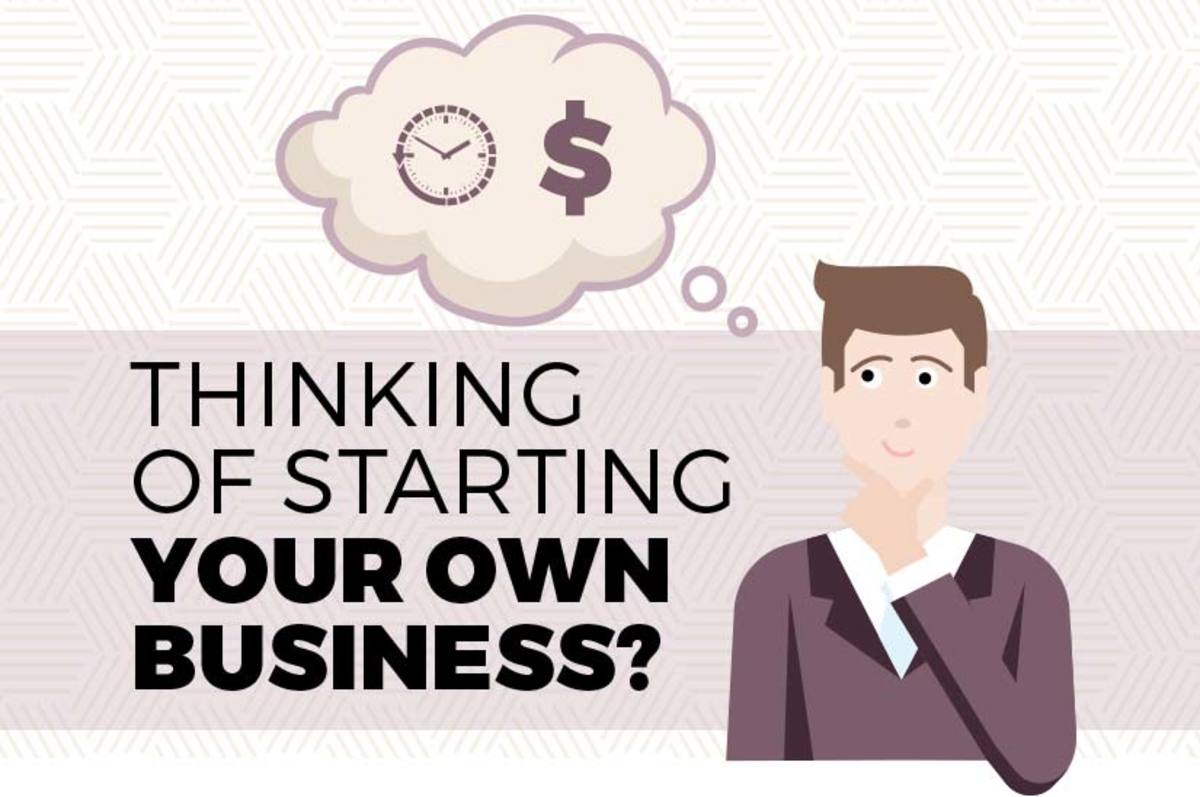- HubPages»
- Business and Employment»
- Small Businesses & Entrepreneurs»
- Entrepreneurship
Your Startup Will Not Fail If You Carefully Optimize These 7 Features
The best startups generally come from somebody needing to scratch an itch. - Michael Arrington, founder and co-editor of TechCrunch.
Why do many startups shut down in their first year of their existence? Why is it so difficult to continue driving a business forward once the first heady days are over? Is it too difficult to knuckle down and keep focus? Or is cash flow perhaps a problem?
These questions are just a few of the questions that an entrepreneur should ask and answer as part of the initial process when designing and conceptualizing a new start-up.
Patrick Henry in his article titled “Why Some Startups Succeed (and Why Most Fail)” quotes recent statistical information which shows that about 75% of venture-backed startups fail. Further statistics show that the failure rate of all American companies after five years is over 50% and more than 70% of US companies shut down after ten years.
The startup: A concise definition
Natalie Robehmed in her Forbes article, “What Is a Startup?” notes that the phrase "startup" has become the "go-to" phrase to describe all new business ventures from ad-hoc freelancing to companies with enormous potential. In spite of the generalized usage of the term "startup,” it's important to understand what a startup truly is.
On the one hand, Robehmed quotes Neil Blumenthal, co-founder and co-CEO of Warby Parker as saying that “a startup is a company working to solve a problem where the solution is not obvious, and success is not guaranteed.”
While on the other hand, the Merriam-Webster dictionary defines a startup as a “fledgling business enterprise.”
Therefore, a startup can be anything from a new business venture to a company whose sole aim is to solve a complex problem.
Based on the above discussion, it’s natural to conclude that it’s challenging to build a successful startup from scratch.
Here are 7 features you can easily use to make your startup thrive when properly utilized.
Business model and business plan
The importance of drawing up a business plan and business model cannot be underestimated. These documents are the blueprint or foundation for your startup. They describe your value proposition, income generation methods, and how you are going to make a profit from your company operations.
Therefore, if you do not spend the time to draft these documents correctly, you will not have a reference point to keep your business on track. Consequently, it will be easy for you to lose your way as well as your business.
Branding and marketing
The internet has become the primary source that consumers use when searching for products and services. Consequently, it’s vital to ensure that your company website is unique, well-designed with a professional web theme from theme providers like Colorlib, and properly optimised for mobile use. These will help strengthen your search engine rankings. If you do not have a company website, or if you have one that is not well built, you run the risk of losing lots of prospective customers that utilize the internet on a daily basis.
Core business focus
As an entrepreneur, one of your strengths is the ability to come up with new and innovative ideas all the time. However, at the same time, this can quickly turn into a weakness because it leads to a lack of focus on the job at hand.
This is one of the primary reasons why a complete business model and plan are so important. They help you stay on track, and they help you focus on what your core business function is. It's a good idea to find a place to write down all your new ideas to return to them when you have the time.
Innovation
Even though adhering strictly to your business model is vital, at the same time, the willingness and ability to innovate and change your value proposition are fundamental aspects of running a new company.
The fact is that we live in a fast-paced, consumer-driven economic environment, and consumers are fickle. Subsequently, you need to track the ever-changing consumer trends and change your products and services accordingly.
Business mentor
The primary focus of a startup is to develop into a tenable entity. Even though it’s exciting to open a startup all by yourself and run it without any outside help, it's a good idea to have a business mentor to help you focus and assist you to turn your idea into a sustainable business.
A mentor will help you with the business decisions you need to make, advise you, and guide you along your entrepreneurial journey to ensure that your business is one of the success stories.
Income versus expenses
It is very difficult, if not impossible to predict the average time for a new business to start turning a profit because different start-ups measure profitability in a variety of ways. Therefore, it isn't possible to predetermine when your startup starts generating a profit. However, it is accepted that it can take two to three years for your business to show a profitable bottom line.
It is also possible to obtain venture capital funding; however, this is likely to be limited (especially in the beginning), and there will be conditions attached to this funding.
As a result, it is imperative to keep a tight rein on your expenses versus your income. Otherwise, you run the risk of running out of money and having to shut your business down.
Knowledge
As a small business owner, you need to have an extensive understanding of all the aspects of running a business. This ranges from financial management, human resource management, leadership, sales and marketing skills, as well as technical know-how.
It is also virtually impossible for an entrepreneur to have all of these skills before opening a business. Therefore, it is imperative that you prioritize learning and education on a continual basis.
Final words
Even though it isn’t easy converting a startup into a sustainable business, and you will more than likely fail along the way, building your startup to a successful business venture is worth all the effort and hard work you will put into it.
© 2017 Mark Robinson








